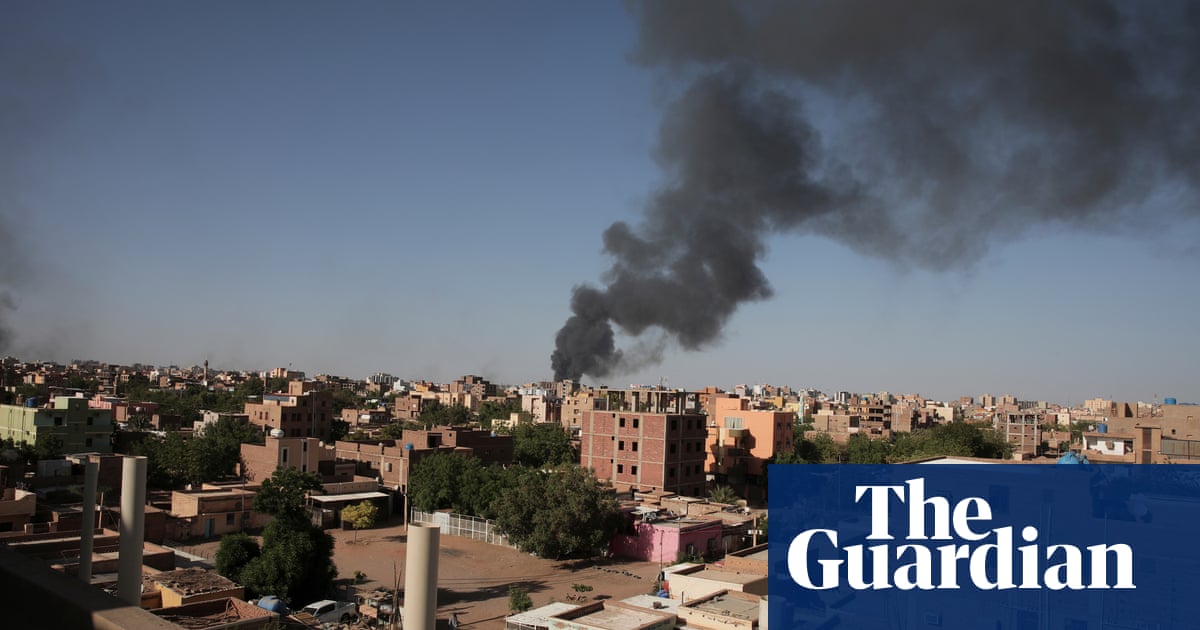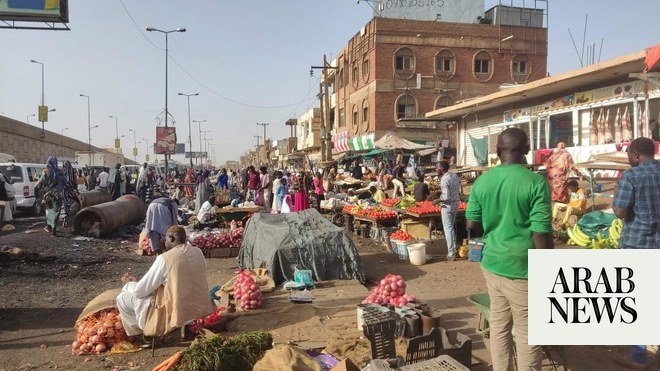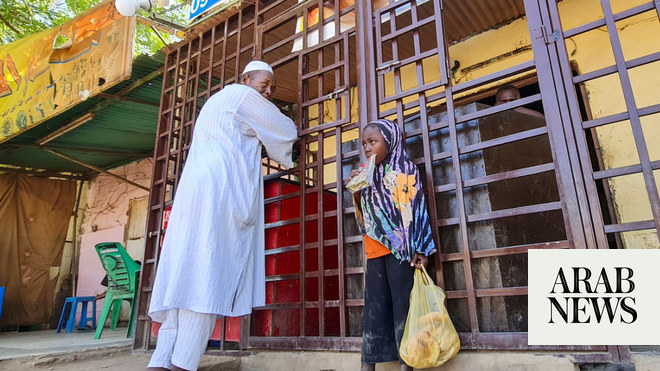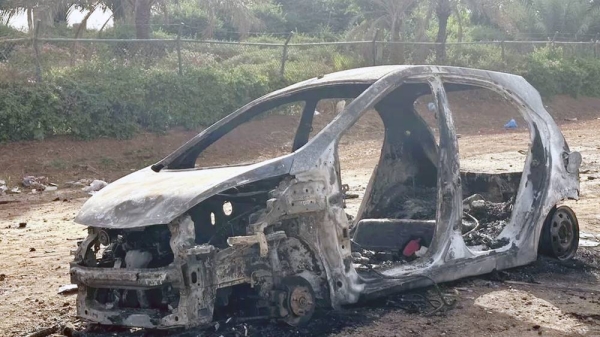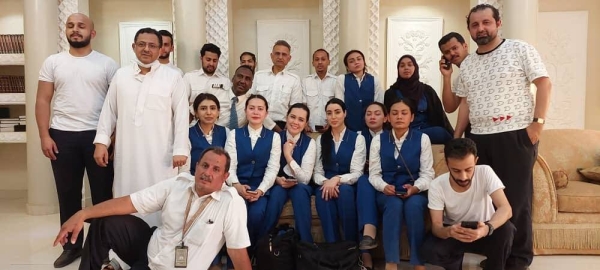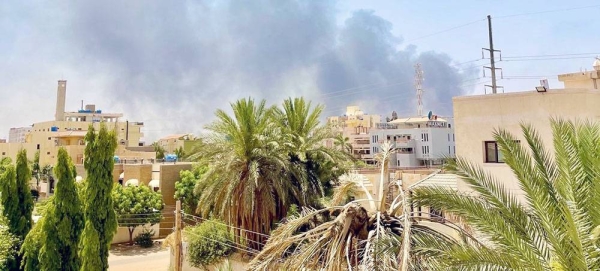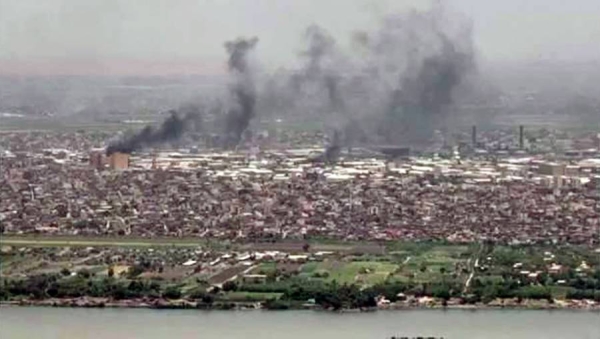
Despite pressure to maintain another 72-hour ceasefire, fighting has entered a third week in Sudan.
The truce appears to have broken down in Khartoum — where more air, tank and artillery strikes have been reported. The Rapid Support Forces (RSF) said they have come under renewed fire from their enemy, the regular Sudanese army
The resumption of fighting has aggravated the food situation in Sudan. There remains a shortage food, water and fuel in Khartoum, where millions of people are trapped.
Also a former Sudanese prime minister has warned of dire consequences for the wider region — and a “nightmare for the world” if the fighting is not stopped.
Abdalla Hamdok said the fighting will be a “nightmare for the world” if it continues. Almost two weeks of fighting has left hundreds dead, while tens of thousands of people are fleeing the country.
The insecurity in Sudan could get even worse than in Syria and Libya, with consequences for the whole world, the country’s former prime minister has warned.
Violence is also reported to have been particularly bad in El Geneina, a city in Darfur in western Sudan, where militias are reported to have looted and torched markets.
The fighting began two weeks ago, and was triggered by a bitter power struggle between separate Sudanese military factions.
Also, a deadline given by the UK for Britons to reach an airstrip north of Khartoum for evacuation has expired. More than 1,650 people have now been evacuated from the capital.
Meanwhile, at Red Sea coastal city Port Sudan, the UK has set up an office to help British nationals trying to leave the country. A Foreign Office minister has described the rescue effort as “extremely successful”.
UK Foreign Office Minister Andrew Mitchell, has told the BBC that the operation to evacuate British and other nationals from Khartoum has been “extremely successful.”
Speaking in Nairobi, Mitchell said it was right that the evacuation flights were ending. “I don’t think there’s a single Brit in Khartoum who won’t know about the evacuation and the flow of people who’ve been coming to the airport indicate that that is correct,” he said.
He said the situation at the Wadi Saedna airfield was “extremely dangerous”, and cited the example of the Turkish aircraft that was shot at Friday. “We can’t stay there forever in such dangerous circumstances,” he said.
After weeks of fighting that has decimated Khartoum and thrown Sudan into turmoil, a wide-ranging group of international mediators — including African and Arab nations, the United Nations and the United States — were intensifying their pressure on the rival generals to enter talks on resolving the crisis.
So far, however, they have managed to achieve only a series of fragile temporary cease-fires that failed to stop clashes but created enough of a lull for tens of thousands of Sudanese to flee to safer areas and for foreign nations to evacuate thousands of their citizens by land, air and sea.
In a sign of the persistent chaos, Turkey said one of its evacuation planes was hit by gunfire outside Khartoum with no casualties on Friday, hours after both sides accepted a 72-hour truce extension.
Fierce clashes with frequent explosions and gunfire continued Friday in Khartoum’s upscale neighborhood of Kafouri, where the military’s warplanes bombed its rivals, the paramilitary Rapid Support Forces, residents said.
Clashes were also reported around the military’s headquarters, the Republican Palace and the area close to the Khartoum international airport. All these areas have been flashpoints since the war erupted on April 15. Explosions also rang out across the river in Omdurman.
Over the past 14 days of pummeling each other, the military led by Gen. Abdel Fattah Al-Burhan and the RSF led by Gen. Mohammed Hamdan Dagalo, have each failed to deal a decisive blow to the other in their struggle for control of Africa’s third-largest nation.
At least 512 people, including civilians and combatants, have been killed, with another 4,200 wounded, according to the Sudanese Health Ministry. The Sudan Doctors’ Syndicate, which tracks civilian casualties, has recorded at least 387 civilians killed and 1,928 wounded. — Agencies




